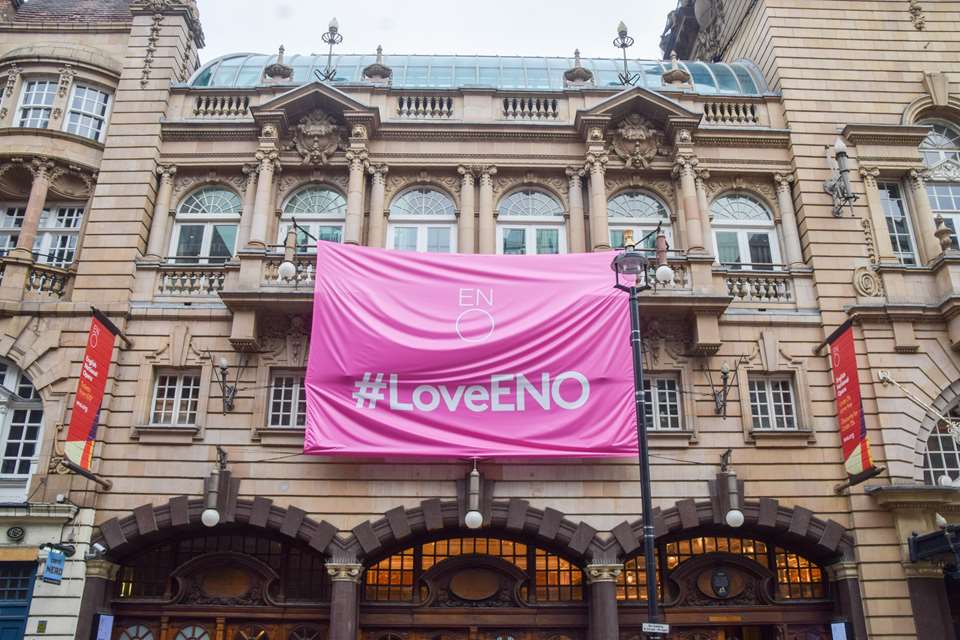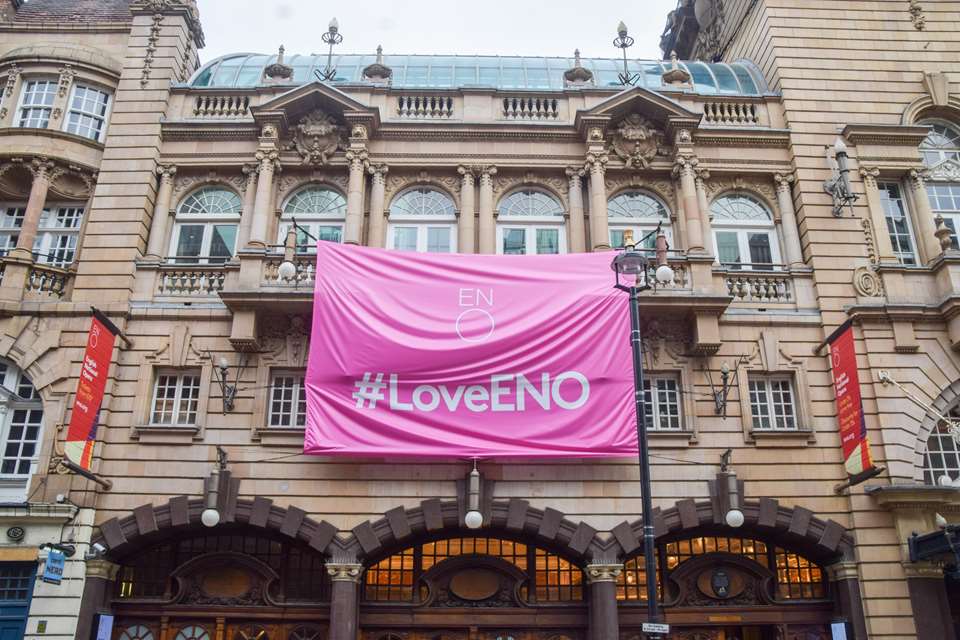If Manchester is to work, ENO needs to forget about London
Andrew Mellor
Tuesday, January 30, 2024
Am I rejoicing about the announcement from ENO that it will ‘move’ to Manchester? Yes and no...

Register now to continue reading
This article is from Opera Now. Register today to enjoy our dedicated coverage of the world of opera, including:
- Free access to 3 subscriber-only articles per month
- Unlimited access to Opera Now's news pages
- Monthly newsletter








